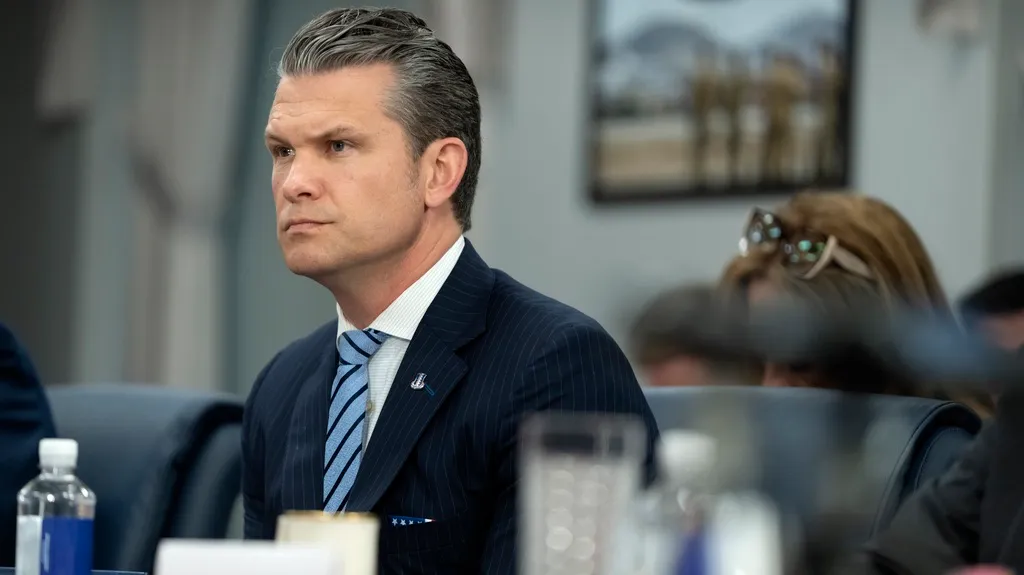May 21, 2012
Zimbabwe Denies Claims of State Sponsored Violence
Jason St. Amand READ TIME: 2 MIN.
HARARE, Zimbabwe (AP) - Zimbabwe's justice minister rejected allegations that the country has state sponsored violence and he vowed not to recognize gay rights after meeting with the U.N. human rights chief on Monday.
Patrick Chinamasa said he told U.N. High Commissioner for Human Rights Navi Pillay that Zimbabwe will arrest same sex partners found committing homosexual acts.
Pillay arrived Sunday in Zimbabwe for a weeklong visit, the first by the world rights chief, to assess human rights violations. Chinamasa says Pillay was invited by the coalition government formed in 2009 after disputed, violent elections that were plagued by abuses blamed mainly on militants of President Robert Mugabe's party and loyalist police and troops.
Homosexual acts are illegal in Zimbabwe, Chinamasa said.
"We made it clear that in our law homosexual activities are criminalized and that any person who commits homosexual activities will be arrested," he told reporters after meeting with Pillay in Harare.
He said claims of state sponsored torture were untrue, and the allegations must be investigated.
"There is no state sponsored violence, these are all lies. We told her that there are no torture chambers in Zimbabwe," he said.
But independent human rights groups including Amnesty International have compiled dossiers from witness accounts of systematic political violence, assaults, beatings, rape and torture over the past decade. At least 600 people have died, about 200 of them in violence during campaigning for the last national elections in 2008.
Mugabe's ZANU-PF party routinely denies violence against its opponents. It blames Western economic sanctions against leaders of the party and prominent loyalists for what Chinamasa on Monday described as "the declining socio-economic conditions of our people."
The measures targeting Mugabe and his associates include travel, financial and banking bans in Europe and the United States imposed to protest Mugabe's human rights record since the often violent seizures of thousands of white-owned commercial farms began in 2000.
Pillay, who served as a judge in her native South Africa, has been at the forefront of the documentation of reported killings in Syria during uprisings against the government. She was also a former judge at the International Criminal Court and head of the International Criminal Tribunal on Rwanda's 1994 genocide.
In 2009, chief U.N. torture investigator Manfred Nowak was barred entry into Zimbabwe at the Harare airport after claims he was not officially cleared for the visit.
In 2005, another special envoy of the U.N. secretary-general angered Mugabe by criticizing a slum clearance program that left 700,000 people homeless in urban strongholds of the former opposition led by Morgan Tsvangirai, now the prime minister in the power-sharing coalition.
Pillay is scheduled to hold talks with Mugabe, Tsvangirai, defense and service chiefs, judges, lawmakers and rights groups. She will hear reports of alleged human rights abuses at diamond fields in eastern Zimbabwe where the military has been accused of shootings and torture of villagers and illegal diamond miners driven from mining areas.
She winds up her visit on Friday.


